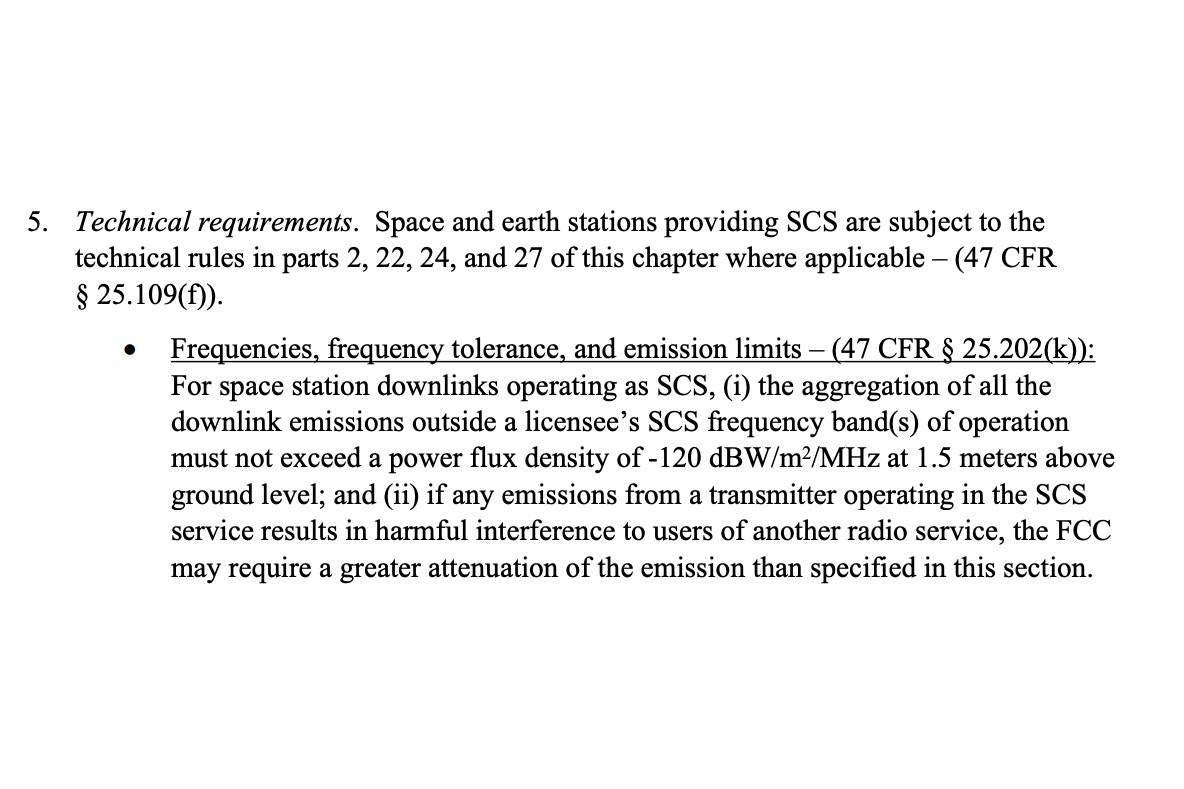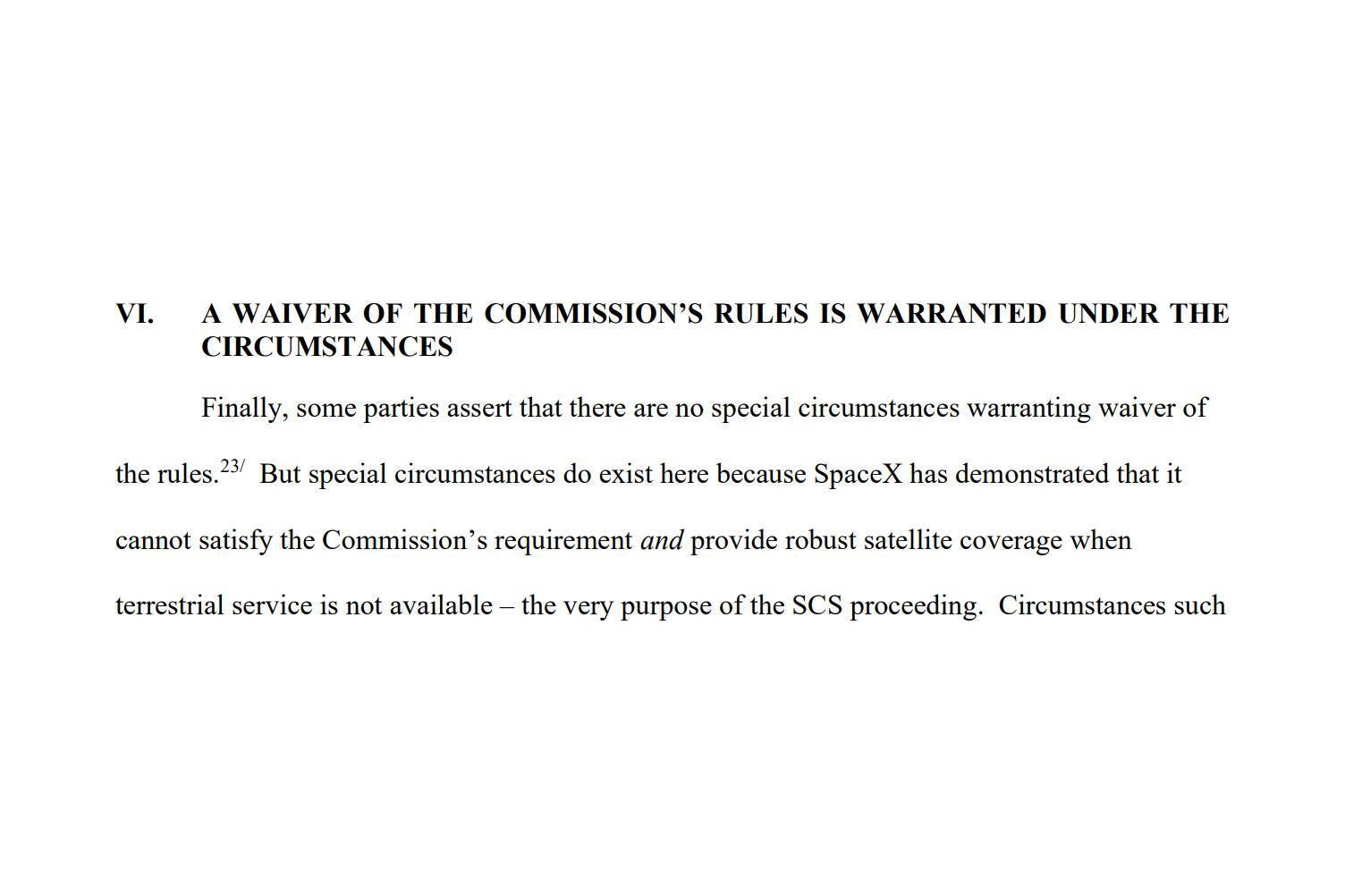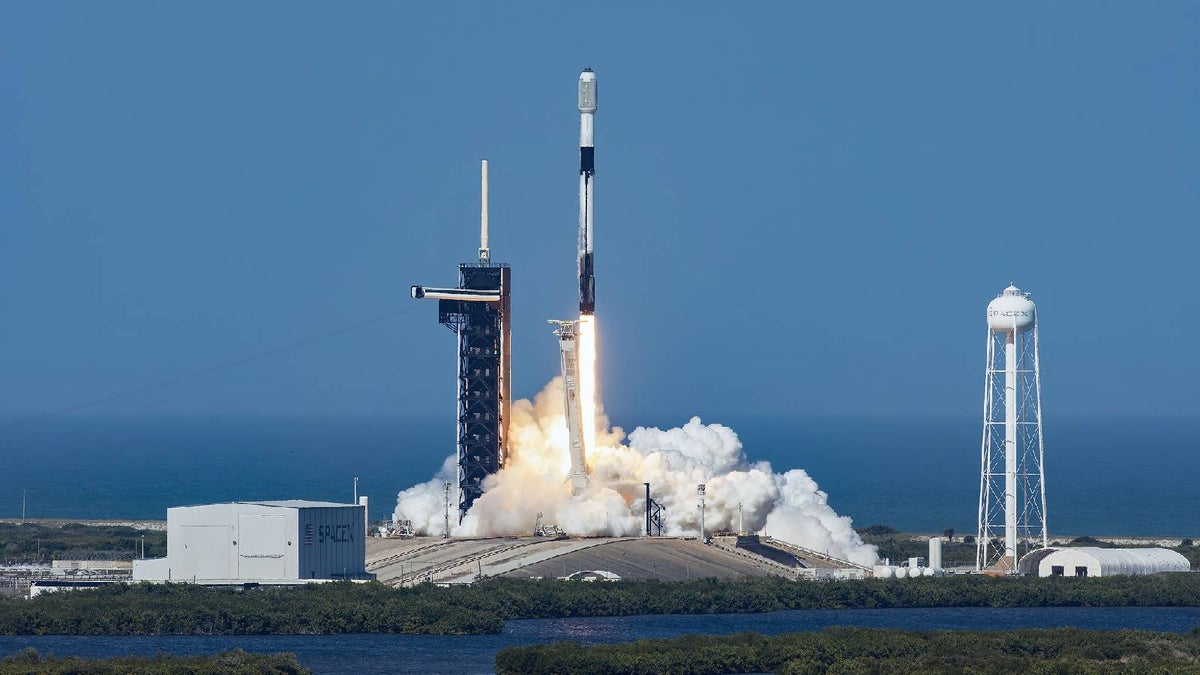Update: An earlier version of this story incorrectly stated that the FCC has finalized its decision to not grant a waiver to SpaceX. It has been updated to reflect the correct information, which is that nothing can be decided until after August 29.
The error is regretted.
The original story continues below.
###
T-Mobile and SpaceX have been trying to convince the Federal Communications Commission to reconsider its out-of-band power flux-density (“PFD”) limit of -120 dBW/m2 /MHz so that they can go forward with their plan of introducing satellite texting this year. They might want to prepare themselves for some bad news.
In a new report that states the current rules for the deployment of supplemental coverage from space (SCS), the FCC has laid down its technical requirements. According to the rules, there won’t be any relaxation on the power flux density limit of -120 dBW/m2 /MHz.

SpaceX was hoping for up to a ninefold increase to the limit, but the suggestion was met by opposition from AT&T, Verizon, EchoStar, and Omnispace, all of whom said that a relaxed out-of-band PFD would cause interference with their networks.
SpaceX will use its Starlink satellites to bring connectivity to dead zones using T-Mobile‘s PCS G Block spectrum. T-Mobile another effort on August 22 to get the FCC to approve the waiver request for out-of-band PFD limits.


At the forefront of the argument was the point that like its rivals, T-Mobile also “has terrestrial operations in frequency bands that are adjacent to those in which SpaceX will operate,” which is why it’s equally paramount for the carrier to ensure satellite transmissions do not impact its operations.
T-Mobile argued that SpaceX has demonstrated that its operations would protect adjacent-band operations and their competitors are overstating the importance of a conservative limit to delay the rollout of their direct-to-cellular service.
The company also said that SpaceX would not be able to offer robust satellite coverage if the FCC didn’t relax its requirements. Now that it seems like the FCC is not amenable to SpaceX’s suggestions, it’s possible that AT&T and Verizon will deploy their satellite services before T-Mobile, while SpaceX works through the FCC’s requirements.
